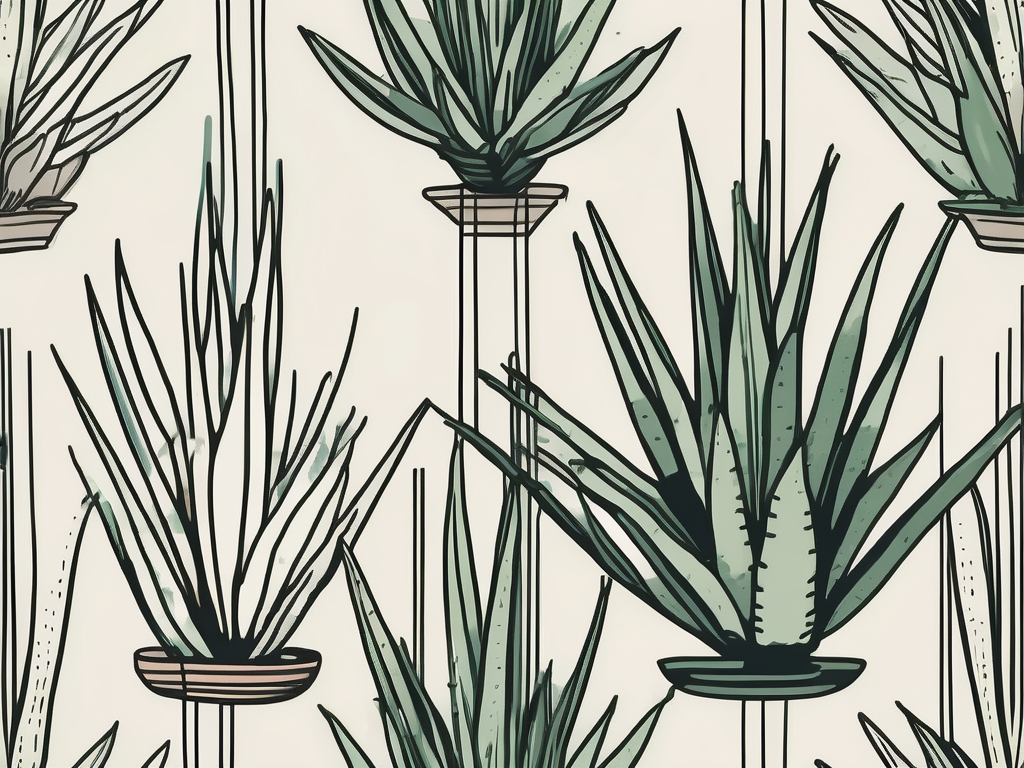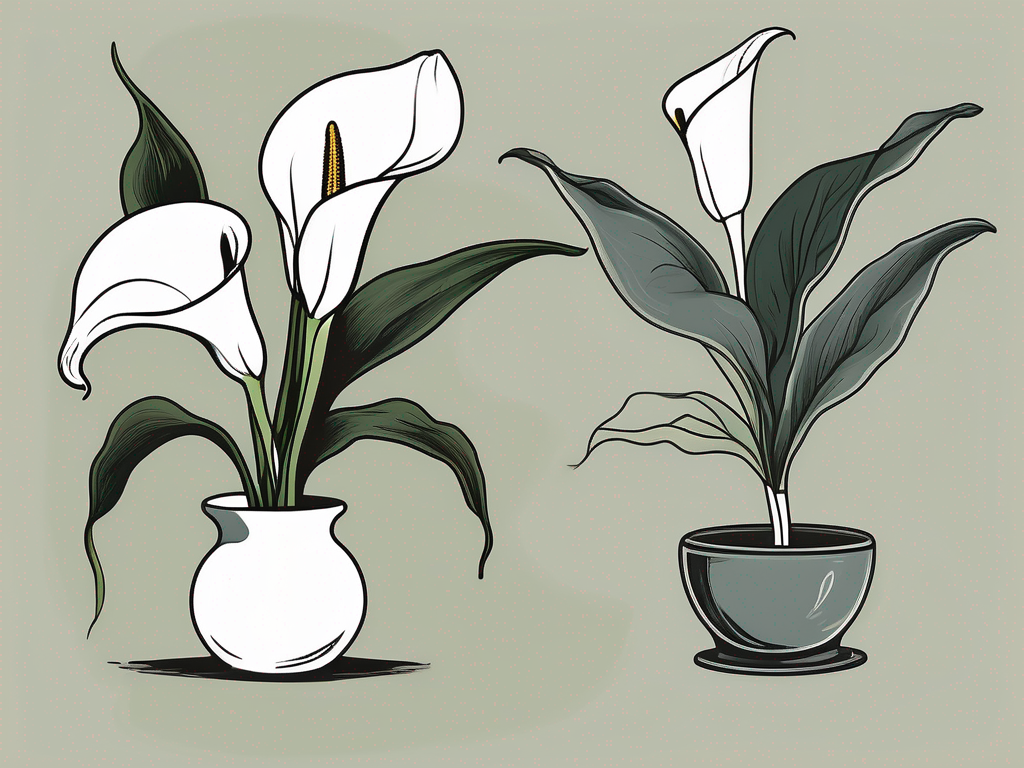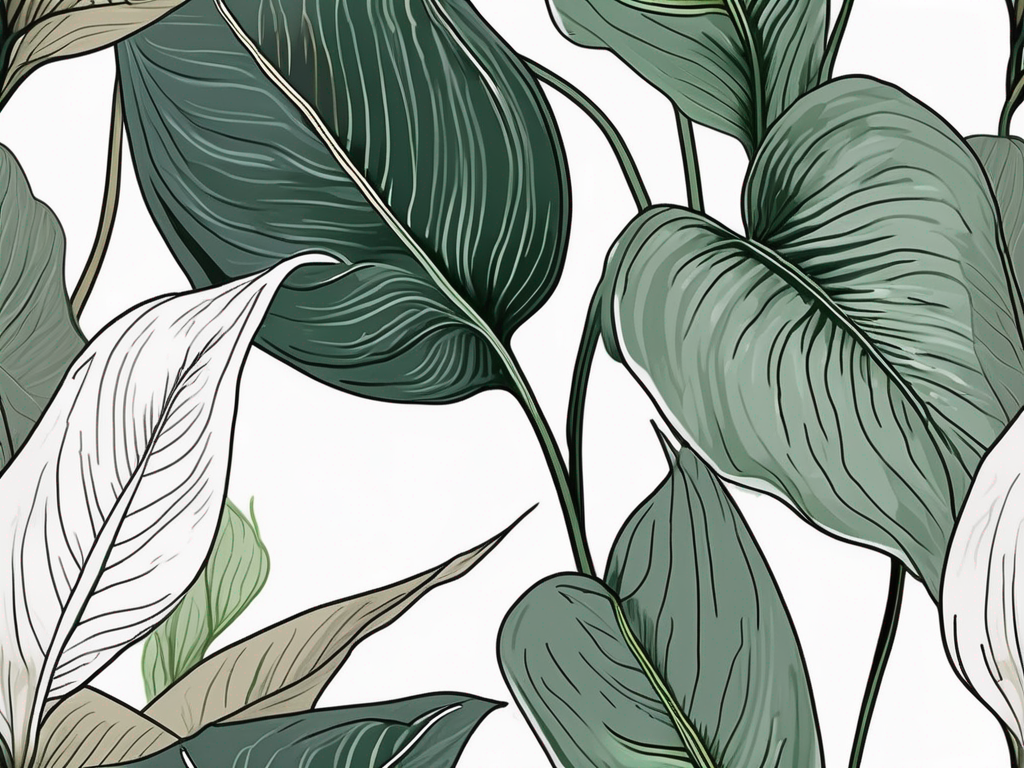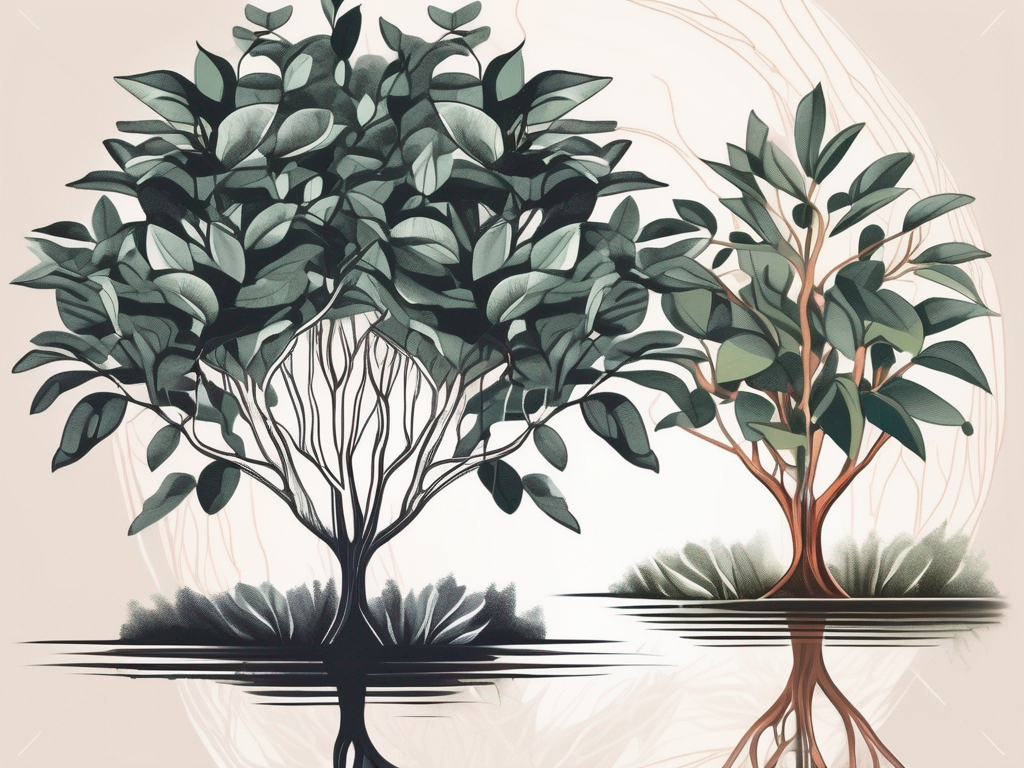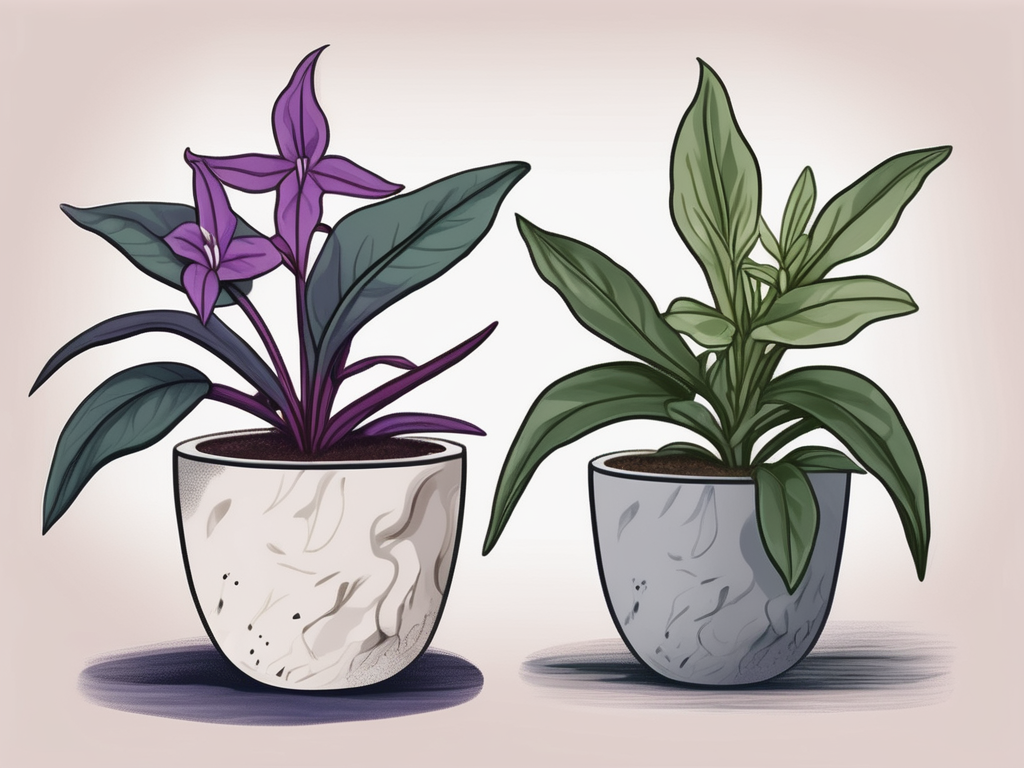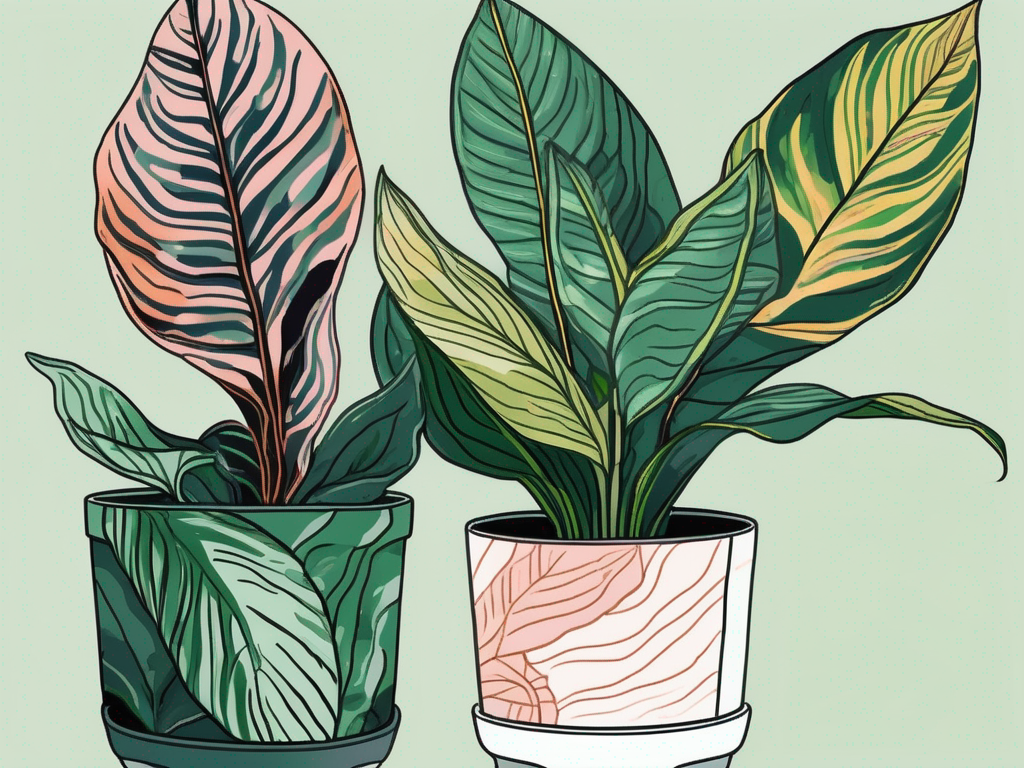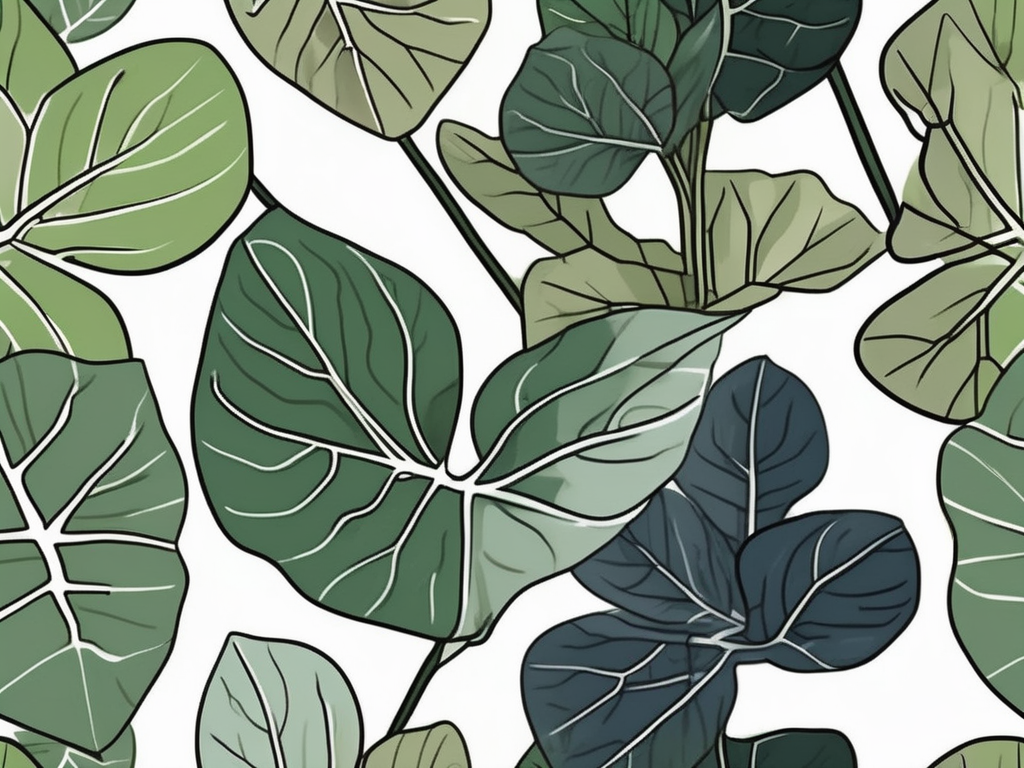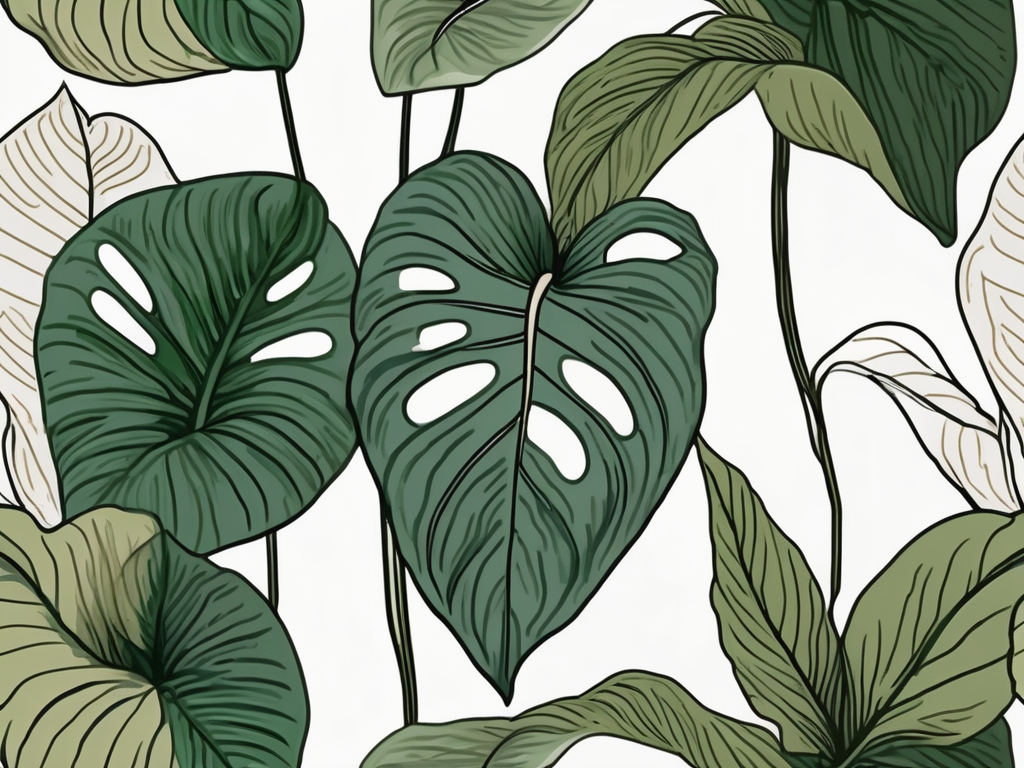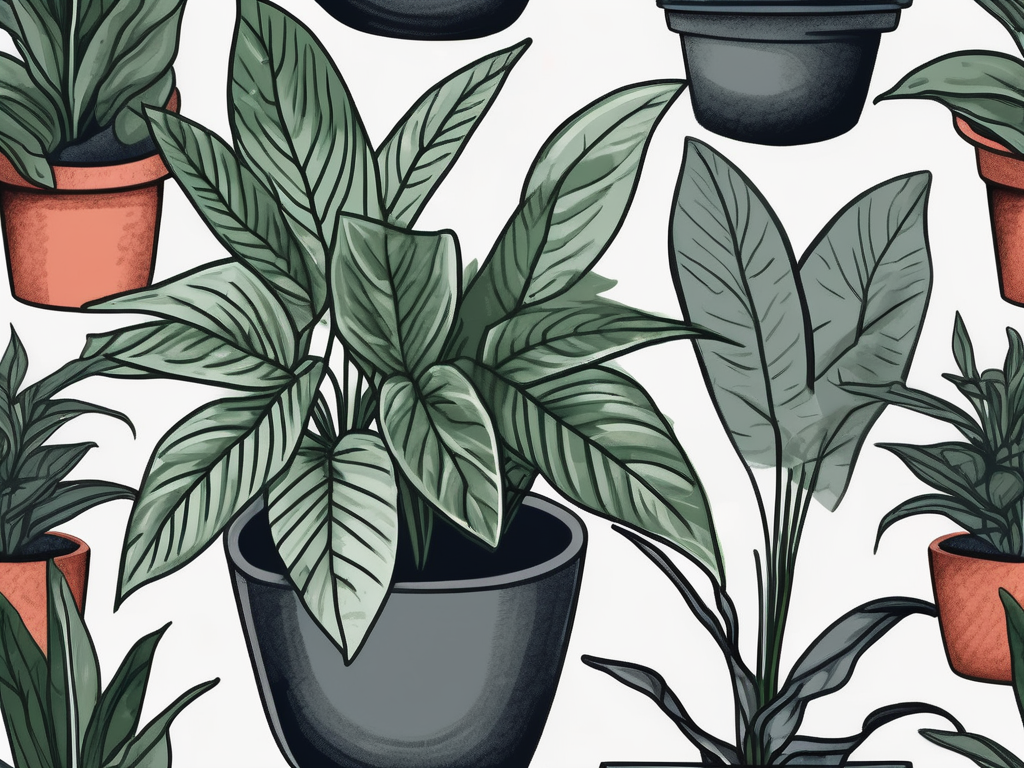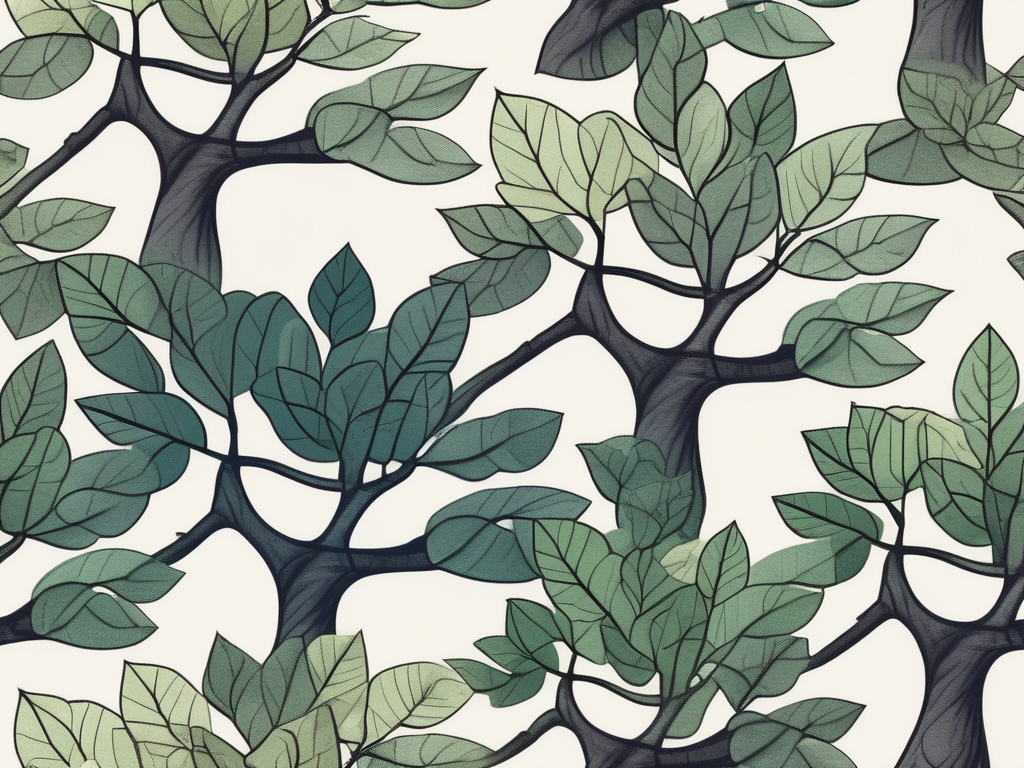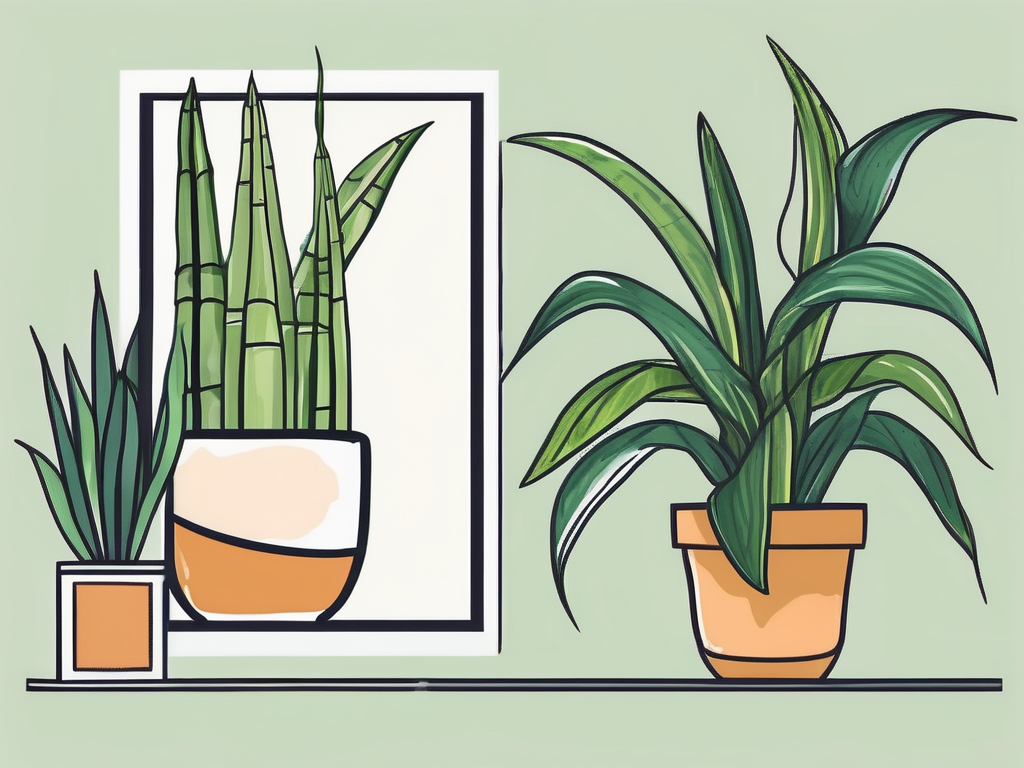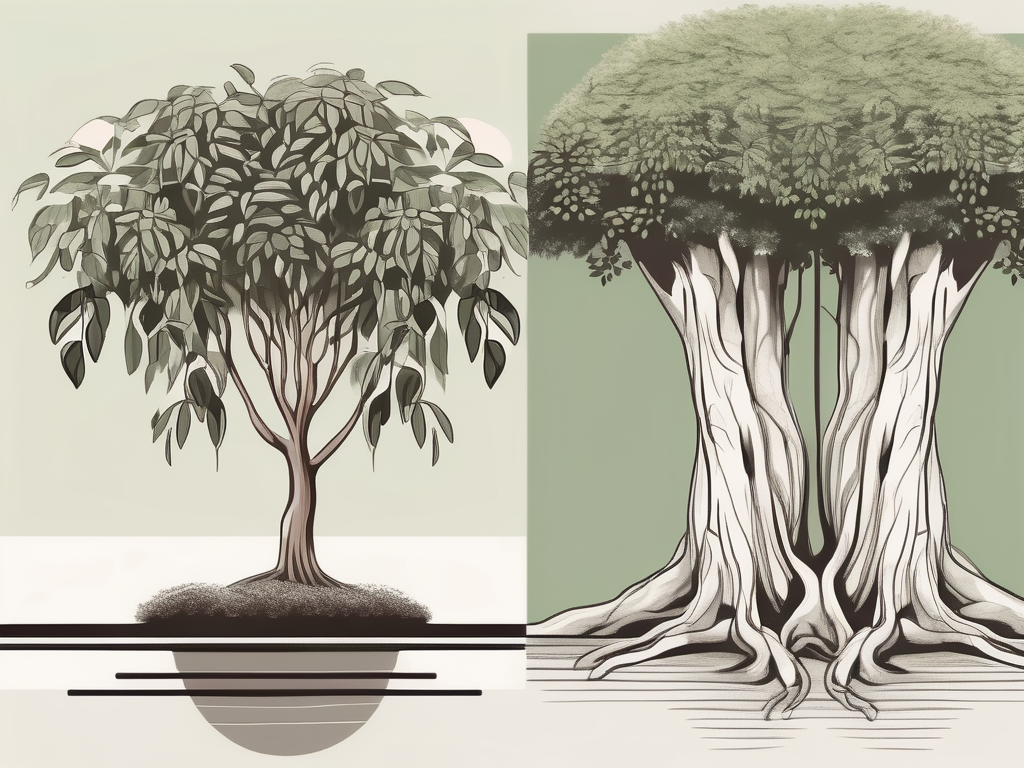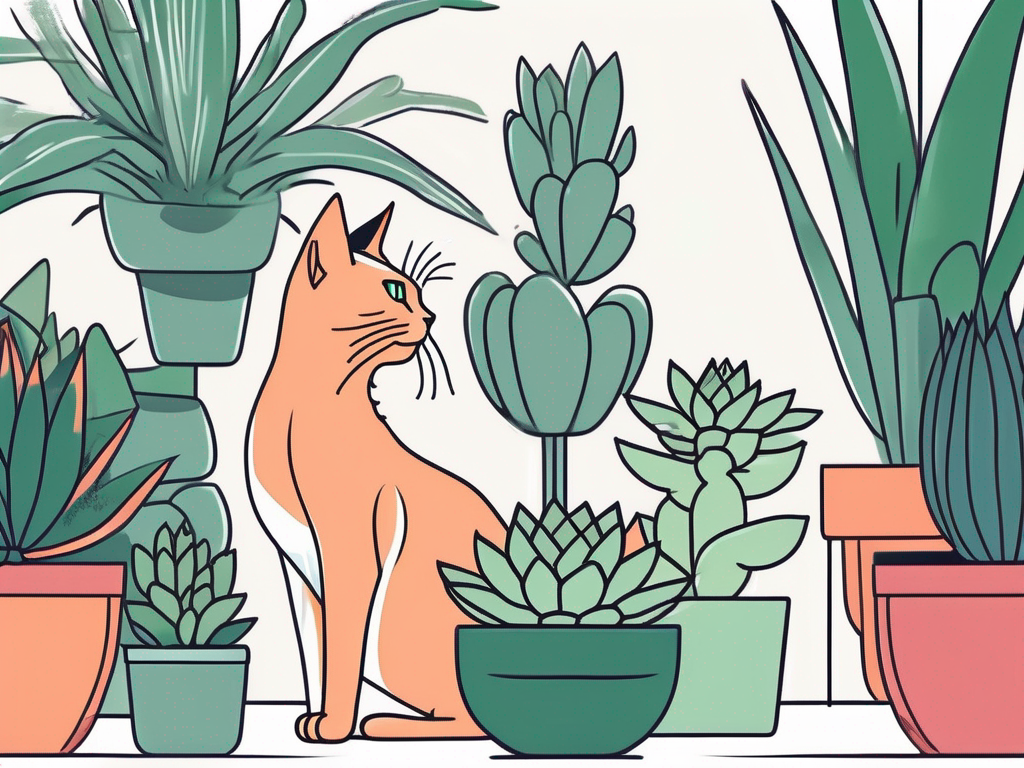
Succulents have become the darling of many households, and it's easy to see why. They're low-maintenance, come in various shapes and colors, and can breathe life into any space. But if you're a cat parent, you might find yourself wondering: Are succulents safe for your feline friends? The last thing anyone wants is to accidentally introduce something harmful into their home.
In this article, we'll explore everything you need to know about succulents and their potential toxicity to cats. From understanding which succulents pose a risk to tips on keeping both your plants and pets safe, we've got you covered. Let's jump in and clear up any confusion so you can enjoy your greenery with peace of mind.
Understanding Succulent Toxicity
First things first—let's talk about what it means for a plant to be toxic. In the context of houseplants and pets, toxicity generally refers to the plant's potential to cause harm if ingested. Now, this doesn't mean every succulent will send your cat to the vet, but some can cause mild to severe reactions, depending on the plant and the amount consumed.
When it comes to succulents, the main concern is the presence of compounds that can irritate or harm your cat. Some succulents contain alkaloids, saponins, or other compounds that may be harmless to humans but could lead to gastrointestinal upset, skin irritation, or worse for cats. It's crucial to recognize which succulents are toxic to keep your kitty safe.
To make things a bit easier, think of succulent toxicity as falling into a spectrum. On one end, you have non-toxic plants that are generally safe, and on the other, highly toxic ones that you should avoid if you have pets. Understanding where specific succulents fall on this spectrum is the first step in making informed decisions about which plants to bring home.
Common Toxic Succulents
Let's break down some of the more common toxic succulents that you might encounter. These are the ones you'll definitely want to keep out of reach or reconsider if you're a cat owner.
- Aloe Vera: While widely used for its healing properties in humans, Aloe Vera can be toxic to cats. The saponins in Aloe can cause vomiting, diarrhea, and lethargy if ingested.
- Jade Plant (Crassula ovata): This popular plant, also known as the money plant, can cause vomiting, depression, and incoordination in cats.
- Snake Plant (Sansevieria): Also known as mother-in-law's tongue, this plant contains saponins that can lead to nausea, vomiting, and diarrhea.
- Yucca: While striking, Yucca plants contain saponins that can cause vomiting, diarrhea, and weakness in cats.
These plants are beautiful and common in many homes, but if your feline friend has a curious nature, it's best to keep these out of reach or opt for safer alternatives.
Non-Toxic Succulents
Thankfully, not all succulents are off-limits. There are plenty of options that are considered non-toxic to cats, allowing you to enjoy the beauty of succulents without the worry. Here are a few pet-friendly choices:
- Haworthia: These rosette-forming succulents are not only striking but also safe for cats. They resemble Aloe in appearance but without the toxic compounds.
- Echeveria: Known for their lovely rosettes, Echeverias are non-toxic and come in a variety of colors and shapes.
- Sempervivum (Hens and Chicks): These hardy plants are safe for pets and can add a touch of greenery to your indoor or outdoor spaces.
- Bunny Ear Cactus (Opuntia microdasys): This adorable cactus is pet-friendly, though you might want to watch out for the glochids, which can irritate the skin.
Opting for these non-toxic options can provide peace of mind and keep your home both beautiful and safe for your furry companions.
Keeping Cats Away from Succulents
Even with non-toxic succulents, you might prefer to keep your cats away from your plants to prevent any nibbling or digging. Here are some practical tips to keep your plants safe:
- Strategic Placement: Place succulents in areas that are hard for cats to reach, like high shelves or hanging planters.
- Use Deterrents: Cats often dislike the smell of citrus or vinegar. Spritzing a bit of diluted citrus juice or vinegar around your plants can keep curious paws away.
- Create a Cat-Friendly Zone: Provide your cat with their own plants, like cat grass or catnip, to divert their attention from your succulents.
- Training: Consistently discourage your cat from approaching your succulents by using a firm voice or clapping your hands when they get too close.
These strategies can help create a harmonious environment where both your plants and your pets can thrive without stepping on each other's toes—or leaves!
Signs of Plant Poisoning in Cats
No matter how careful you are, accidents can happen. It's important to recognize the signs of plant poisoning in case your cat does manage to take a bite out of a toxic succulent. Here are some symptoms to watch for:
- Vomiting or Diarrhea: These are common indicators that your cat has ingested something they shouldn't have.
- Lethargy: If your usually active cat seems unusually tired or weak, it might be a sign of poisoning.
- Drooling or Foaming at the Mouth: This can occur if the plant is particularly irritating or bitter.
- Difficulty Breathing: In severe cases, ingestion of toxic plants can lead to respiratory issues.
If you notice any of these symptoms, it's crucial to contact your veterinarian immediately. Quick action can make all the difference for your cat's health.
What to Do if Your Cat Eats a Toxic Plant
So, your cat has munched on a succulent, and you're not sure what to do next. Here are some steps to take if you suspect your pet has ingested a toxic plant:
- Identify the Plant: Try to determine which plant your cat has eaten. This information will be helpful for your vet.
- Remove Plant Material: Gently remove any remaining plant material from your cat's mouth to prevent further ingestion.
- Call Your Veterinarian: Contact your vet immediately and provide them with details, including the plant type and any symptoms your cat is showing.
- Follow Veterinary Advice: Your vet may instruct you to bring your cat in for treatment or provide care instructions over the phone.
It's always better to err on the side of caution. Prompt veterinary care can help mitigate the effects of plant poisoning and ensure your cat's safety.
Creating a Cat-Safe Plant Environment
With a bit of planning, you can create a home that's both lush with greenery and safe for your feline friends. Here are some ideas to consider:
- Choose Non-Toxic Plants: When in doubt, stick to succulents and other houseplants that are known to be safe for cats.
- Designate Plant-Free Zones: Set up areas in your home that are off-limits to your cats, like a sunroom or a dedicated plant corner.
- Use Protective Barriers: Consider using decorative screens or plant stands with built-in barriers to keep curious cats at bay.
- Incorporate Cat Furniture: Provide your cats with climbing trees or perches to keep them entertained and away from your plants.
By taking these steps, you can enjoy the beauty of plants while ensuring your home is a safe haven for your pets.
Balancing Aesthetics and Pet Safety
As a plant lover, you might feel torn between maintaining a beautiful home and keeping your pets safe. The good news is that you don't have to choose one over the other. With a bit of creativity, you can achieve both.
Consider using plant stands, wall-mounted planters, or hanging baskets to showcase your succulents in a way that's visually appealing and out of reach for your cats. You can also create a layered look by placing non-toxic plants at lower levels and toxic ones higher up.
Another option is to incorporate faux succulents into your decor. High-quality artificial plants can mimic the look of real ones and add a touch of green to your space without any risk to your pets. Mixing real and faux plants can create a lush, vibrant atmosphere while keeping everyone safe.
Final Thoughts
Succulents are a delightful addition to any home, offering a range of textures and colors that can brighten up your living space. However, pet owners need to be mindful of which plants they introduce into their homes. By understanding which succulents are toxic and taking steps to keep your pets safe, you can enjoy the beauty of these plants without compromising your cat's health.
At Cafe Planta, we love helping you find the perfect plants for your home. Whether you're looking for pet-friendly options or unique finds, we're here to guide you every step of the way. If you have any questions about plant care, feel free to email us or reach out on Instagram. Let's create a beautiful, thriving plant collection together!

